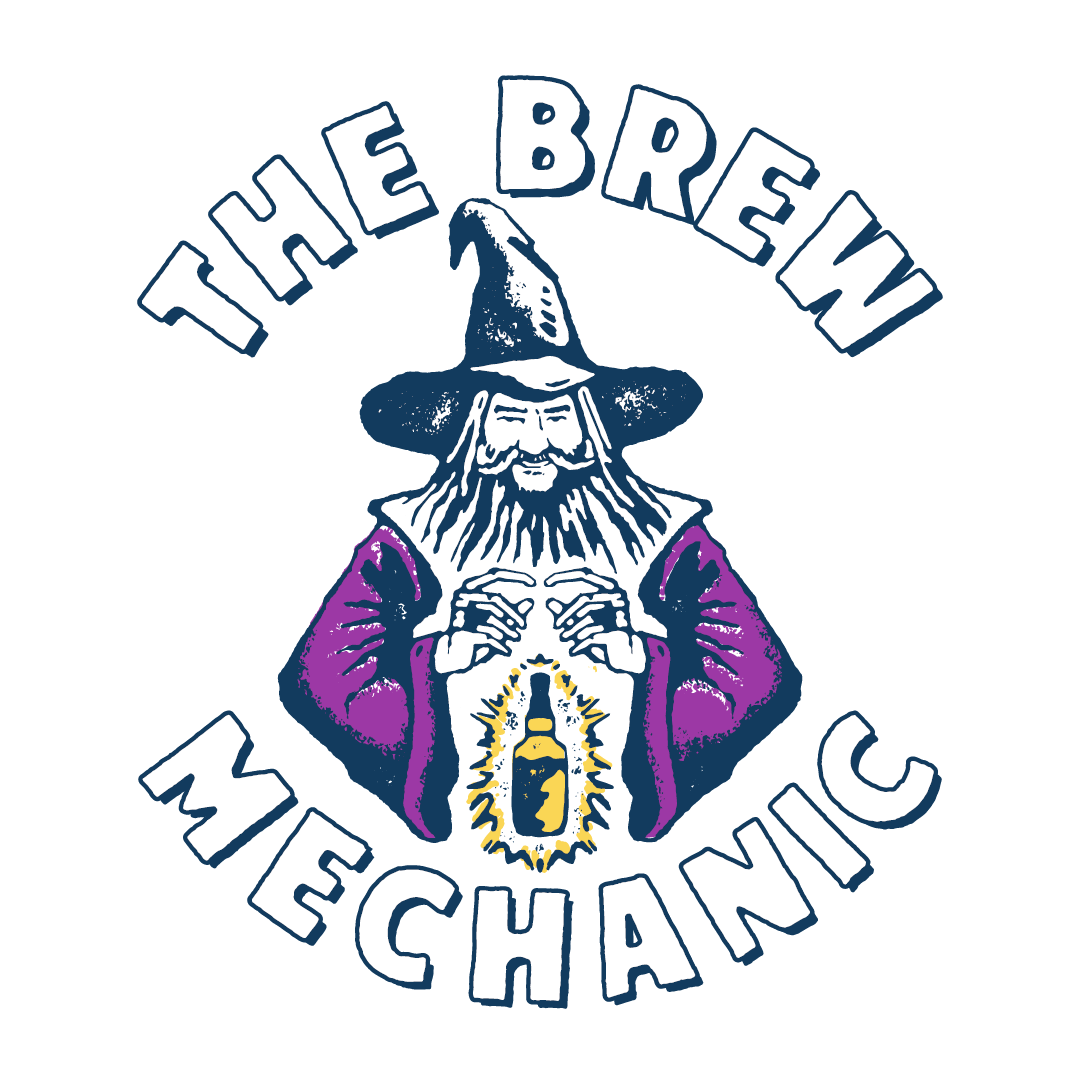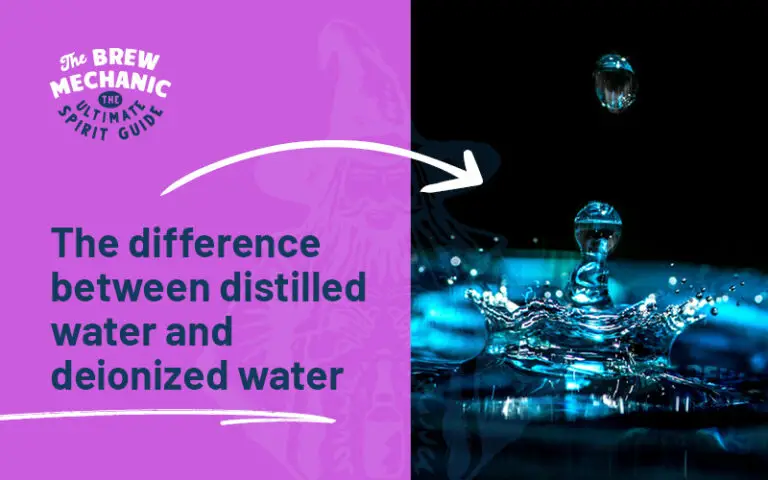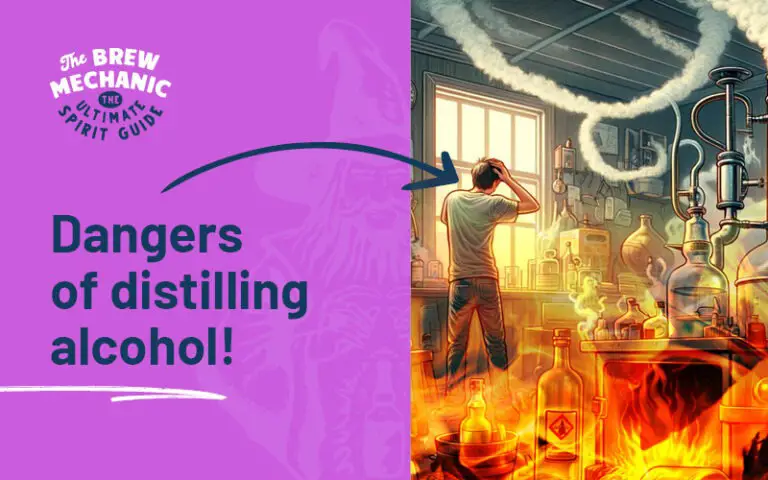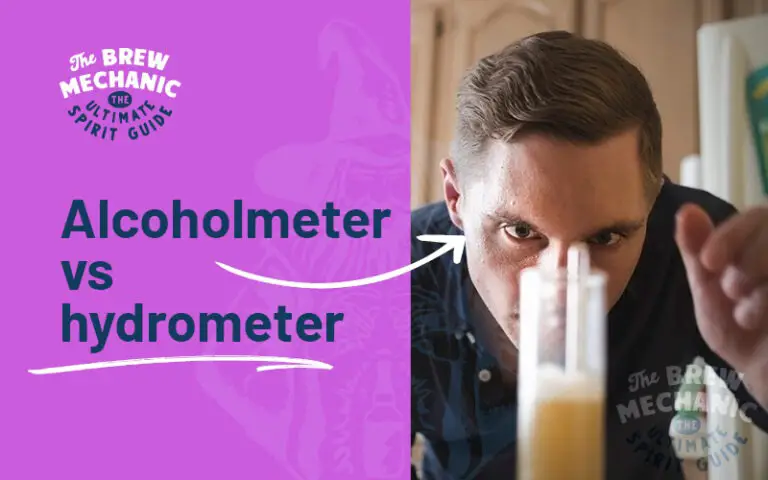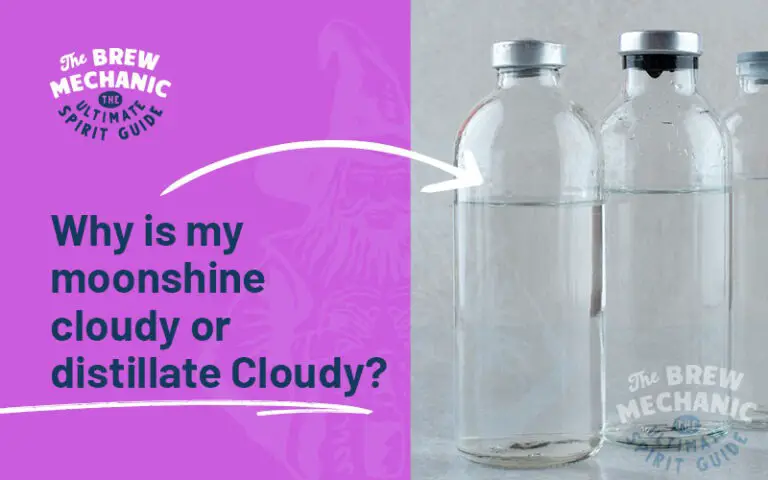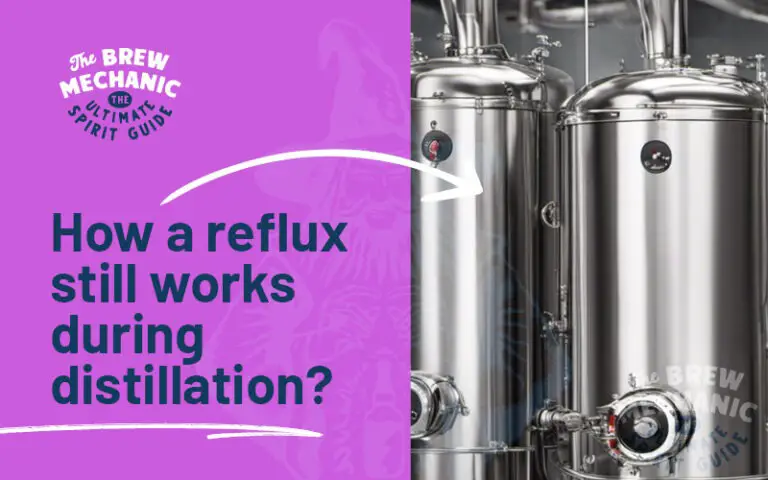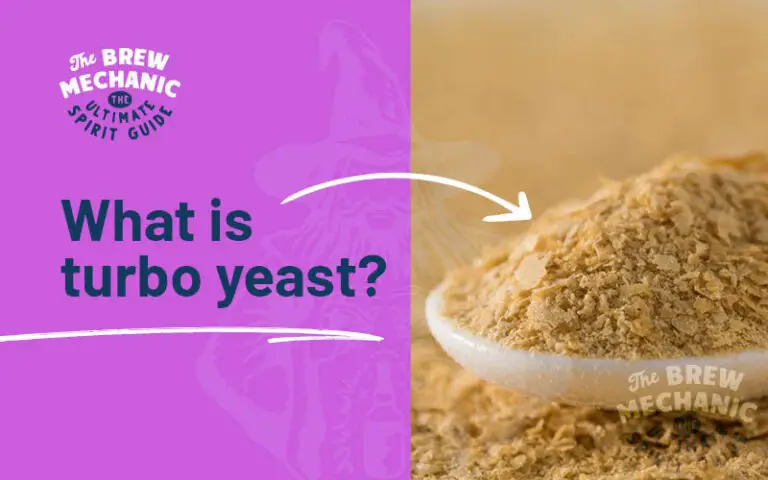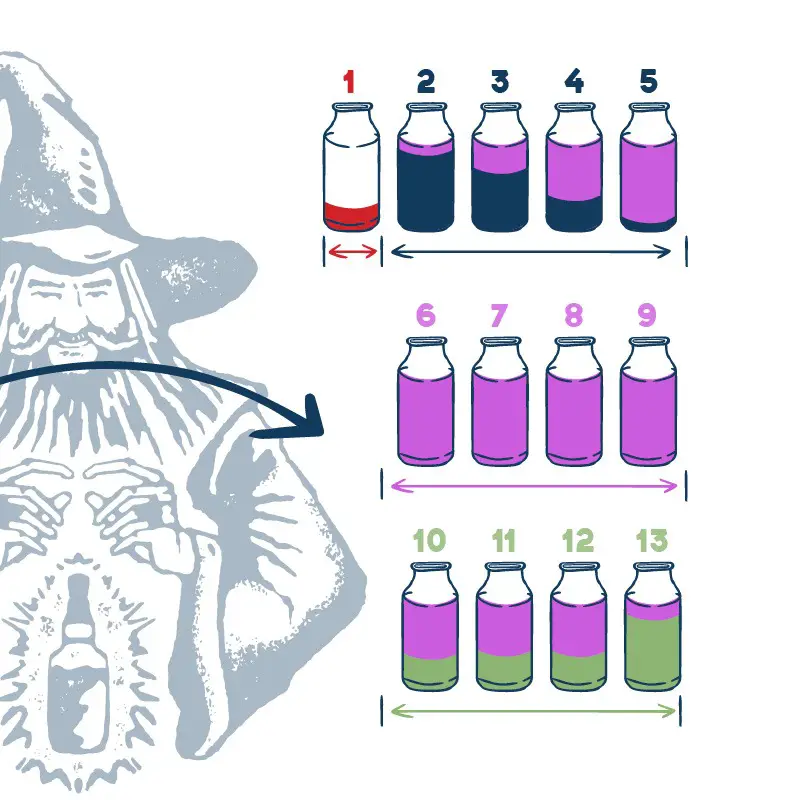How long is the sugar wash fermentation time?
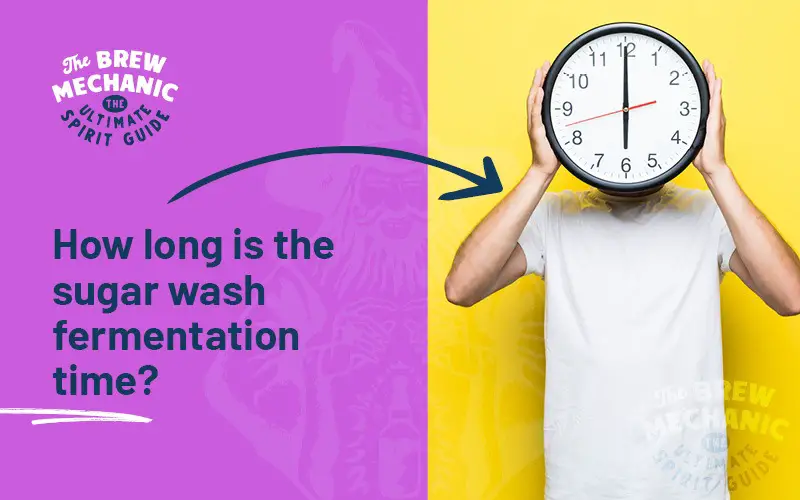
Disclaimer: This post might include affiliate links, through which I may earn a small commission without any extra cost to you. Additionally, I am an Amazon Associate and earn from eligible purchases. All the products and services I suggest are ones I have personally used or would use. Thank you very much for your support if you decide to buy through any of my links!
Come join the Distilling Squad!
Get the best fundamental tips & tricks here. Woohoo!
The sugar wash fermentation time is a crucial step in the process of distilling spirits, where the magic of turning sugars into alcohol happens. However, the question often arises for a distiller: how long should sugar wash fermentation time be?
In short, it is 5-12 days, but several factors influence the duration of this process before distillation. Turbo yeast is a different ball game.
Key Factors Affecting sugar wash Fermentation time:
Typical Sugar Wash Fermentation Process Timeline:
Best Practices for Efficient Fermentation:
Troubleshooting Common Fermentation Issues:
Turbo Yeast or not? Time to make a decision!
While turbo yeast offers a speedy solution, it’s essential to weigh its advantages against potential taste compromises.
Understanding the various factors at play and practising careful monitoring and adjustments is key. You can ensure a successful sugar wash fermentation time process tailored to your specific distilling needs.
We highly recommend not using turbo yeast and going with the traditional sugar wash recipe method of sugar, yeast, water & nutrients. Remember, patience is often rewarded with better-tasting spirits (ethanol).
Last Updated on Jan 25, 2024 by The Brew Mechanic
Disclosure: I may receive affiliate compensation for some of the links below at no cost to you if you decide to purchase a product or service. You can read our affiliate disclosure in our privacy policy. The information provided is for entertainment only.

With 35 years of knowledge of being a chemical engineer in alcohol manufacturing plants, my mission is to teach the next generation of home distilling alcohol brewers at a supernatural speed.
My reviews are based on real-life experiences with reflux stills, sugar wash, troubleshooting and mystical chemical reactions.
